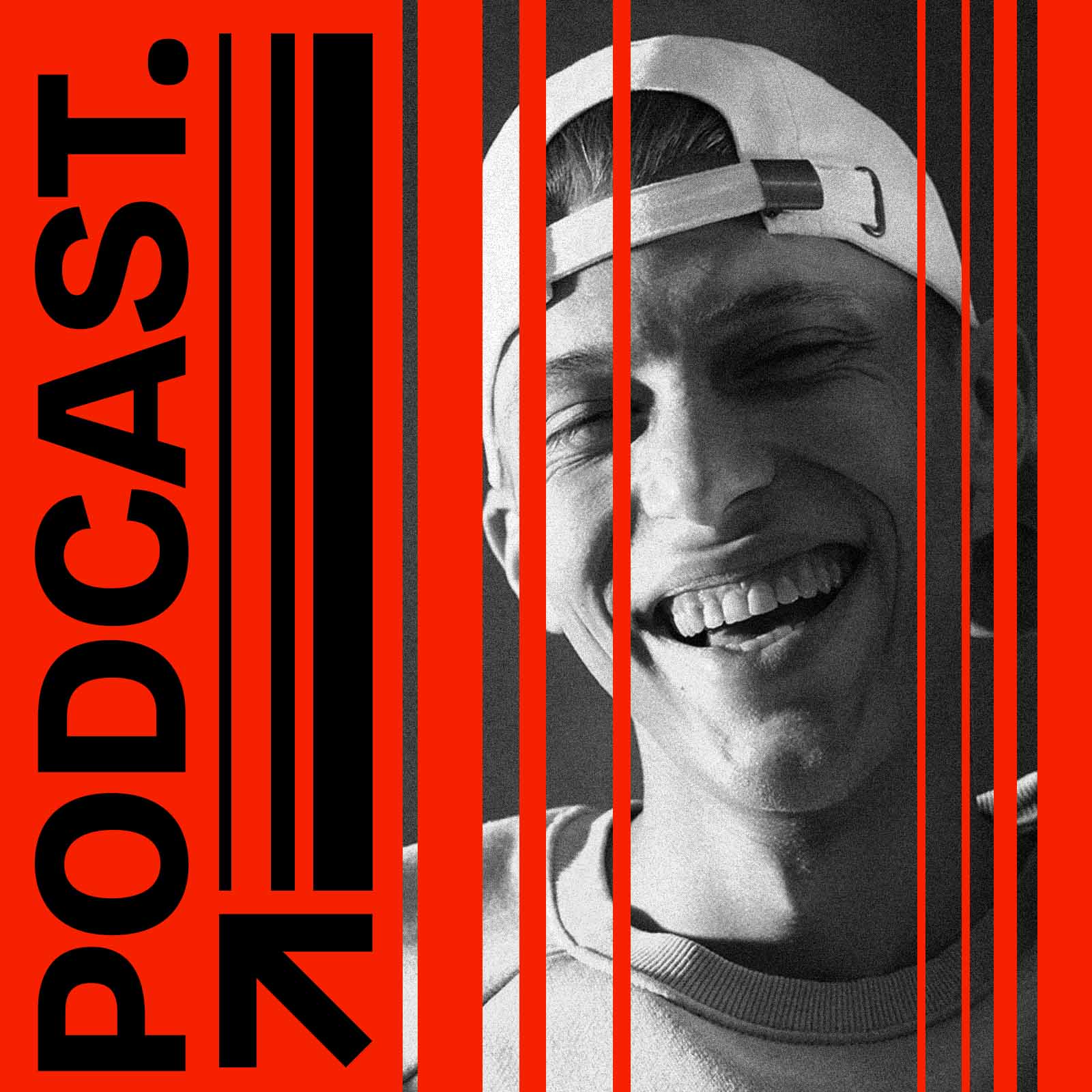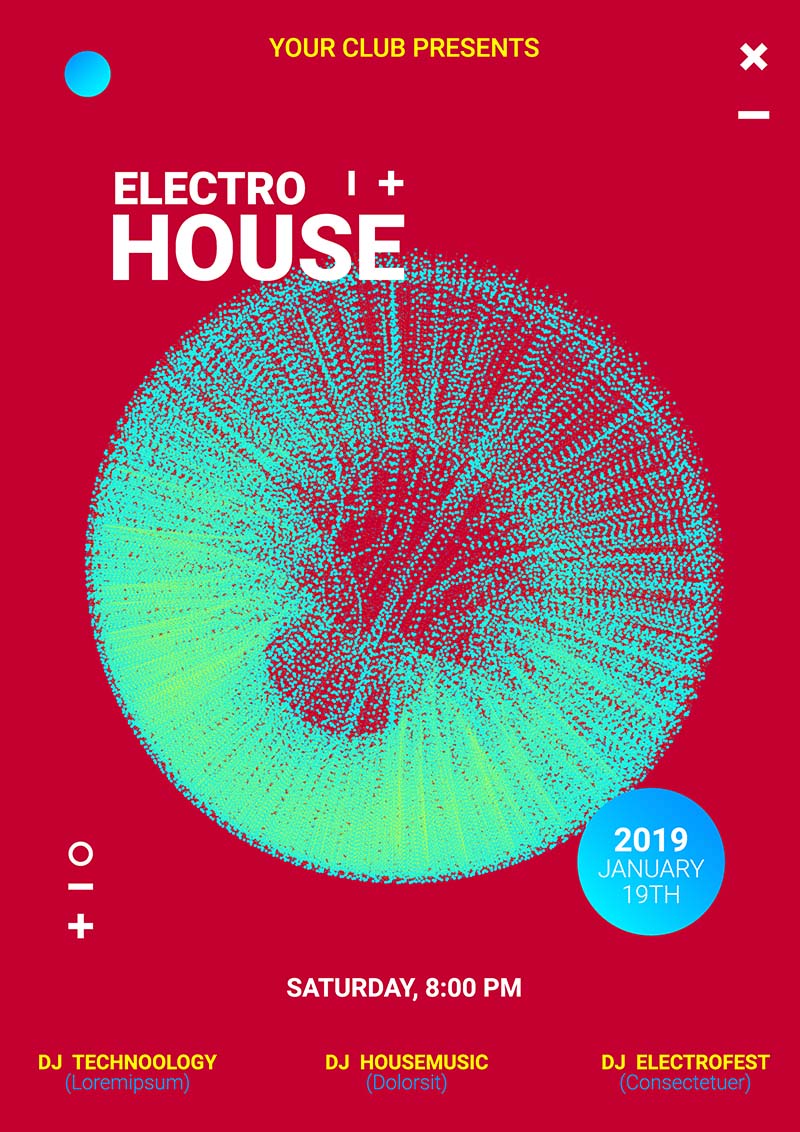Sean “Diddy” Combs was acquitted Wednesday of the most serious charges in his federal sex crimes trial, including racketeering conspiracy and sex trafficking, but convicted on two counts of transportation for the purpose of engaging in prostitution. The jury returned its mixed verdict after three days of deliberations, closing one of the most closely watched trials in recent memory.
The decision marks a partial win for Diddy’s defense team, which rested its case without calling a single witness over the course of the seven-week proceedings. Still, the outcome carries weight: U.S. District Judge Arun Subramanian denied his request for bail, citing his “continued danger to others.” The judge added that Diddy’s legal team had already “acknowledged his involvement in domestic violence.”
Diddy, 55, appeared emotional as the verdict was read. He knelt in prayer, thanking his family and legal team, who embraced each other in relief. Defense attorney Alex Agnifilo argued that Diddy should be granted release after nearly a year in custody, offering a $1 million bond and describing his client as a “model prisoner” committed to personal growth. The sentencing date has been set for October 3. Federal prosecutors are pushing for a four- to five-year prison term tied to the lesser convictions, while the defense is expected to push for a more lenient outcome.
Decades of Alleged Abuse Take Center Stage in Diddy Trial
The trial placed a spotlight on Diddy’s decades-long career, tracing his rise as the founder of Bad Boy Records and a key figure in hip-hop’s commercial ascent. Allegations from his former partner, singer Cassie Ventura, were among the first to surface publicly, prompting broader scrutiny and setting the stage for a legal battle that has drawn national attention.
Over 30 witnesses took the stand, including former assistants and collaborators. The prosecution presented a portrait of control and coercion stretching over two decades. Key testimonies came from three women, including Ventura, who alleged sexual assault, psychological manipulation, and abuse. Assistant U.S. Attorney Christy Slavik told jurors they didn’t need to find every act non-consensual to reach a guilty verdict: “This is not an all-or-nothing case.”
Agnifilo countered by framing Diddy as a flawed but not criminal figure. “We own the domestic violence,” he told the jury, but insisted that no criminal conspiracy existed. While the verdict is in, Diddy still faces several civil suits related to sexual misconduct—allegations he has categorically denied.






Post comments (0)